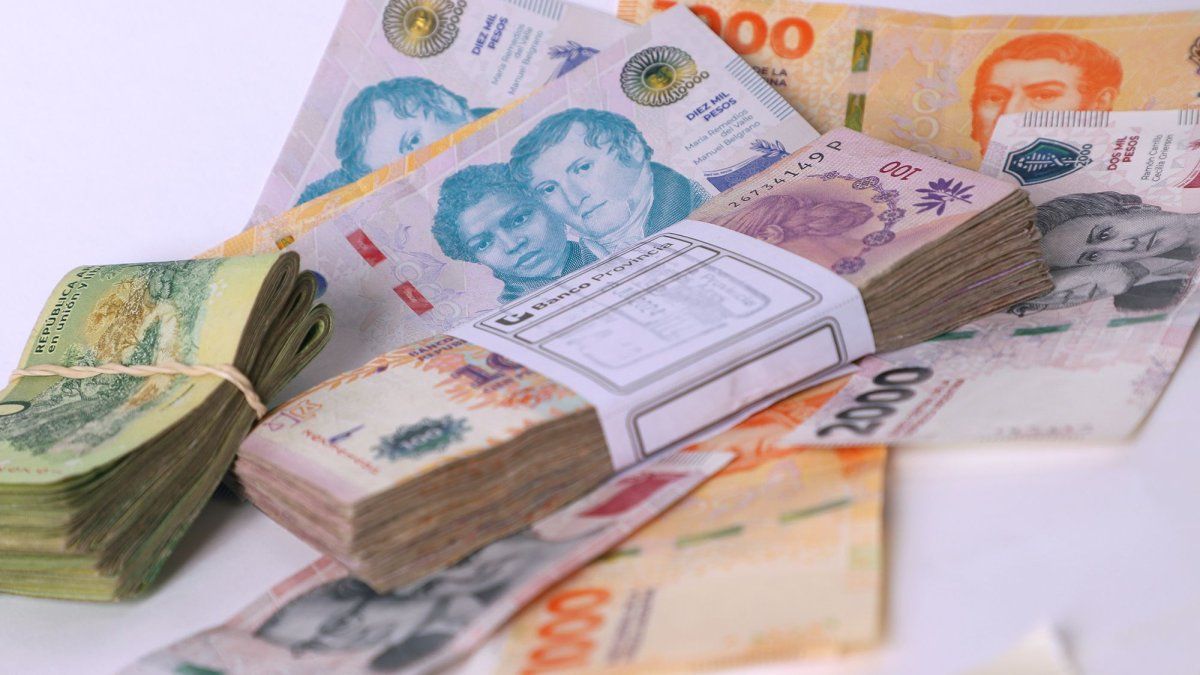But note that in the case of SMEs “The loss of purchasing power of its external sales was strong and permanent during the pre-pandemic and it is possible that today the phenomenon is getting worse.”
According to the FOP report, this situation “negatively influences the balance of the Current Account of the Balance of Payments of the country, at a time when the country needs to increase its reserves to meet the goals committed to with the IMF”.
According to estimates made by the think tank that has the support of the Argentine Industrial Union (UIA) and the University of Bologna, in 2019 the price of local SME exports had dropped 2%, while the of intermediate goods had done the same by 7%, so in terms of trade the sector was favored. Last year, the price of the goods that factories need to import to maintain their activity rose 29%, while the price of the final product of what they sell abroad had grown 13%.
Vincent Donatodirector of the Observatory, warned in dialogue with Ambit that the purchasing power of SME exports “had been falling to a level of 20%”. He pointed out that instead If the terms of trade of all sectors are taken at a general level, the country is improving, but “it is pure food”. “For each export unit of the industry, fewer units of inputs are imported,” he summarized.
“There is a sector that is doing great (the countryside) and the other is doing horrible (industry). This is happening, because the primary sector has better prices and not the industrial sector”, explained the economist. The situation may lead to a greater primarization of the local exportable supplysince it is more competitive in terms of price to export grains or food than products that require a higher degree of processing and the incorporation of other goods.
In this regard, Donato stated that “Argentine industry does not have the scale to reduce costs” in the internal market, but neither does it have conditions of economic stability that encourage it to promote investments in technology to compensate for that weakness. “That is resolved with appropriate industrial policies,” said the economist. And he detailed that “only some champions like Techint or Arcor” they can circumvent these problems of achieving price competitiveness and exporting.
The FOP report indicates that “manufacturing also failed to reach a sufficient physical volume to exceed or, at least, offset input imports during the pandemic”. “After a small surplus in the “industrial trade balance” in 2019, Manufactures of Industrial Origin (MOI) fell below imports Intermediate Goods (BI) without recovering yet”. the report says.
The work details that “To the problems of prices and exchange rate instability, we must add the impact of the significant increases in the cost of international freight, especially since 2021” which affects more SMEs. The report indicates that for companies in this sector, which basically have little export participation, “the prospects of insertion are more and more distant”.
Source: Ambito
David William is a talented author who has made a name for himself in the world of writing. He is a professional author who writes on a wide range of topics, from general interest to opinion news. David is currently working as a writer at 24 hours worlds where he brings his unique perspective and in-depth research to his articles, making them both informative and engaging.




